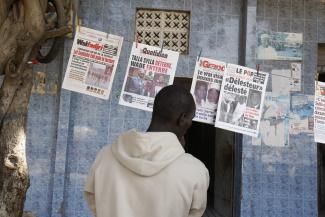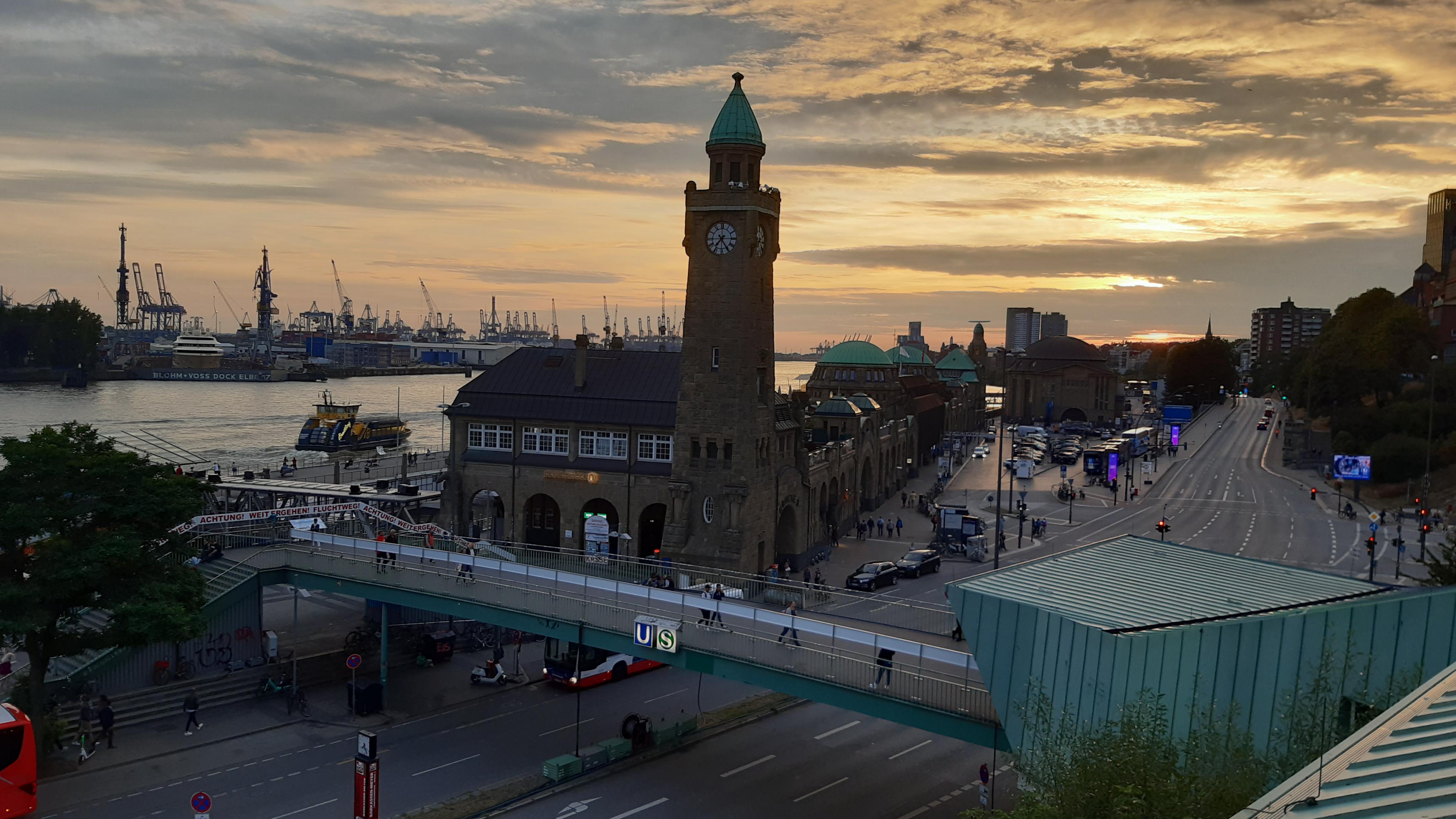Media
Severe sentence

Dakar’s criminal court recently demanded the shut down of the privately owned newspaper “Le Quotidien” for three months. It also sentenced the paper’s publisher, Madiambal Diagne, and two journalists to one month of prison each. Moreover, they were ordered to pay hefty fines. The most junior of the three is a French intern who has long left the country and is thus beyond the court’s reach. Diagne and his Senegalese colleague, however, are within its jurisdiction.
The court found the three men guilty of defamation. They were sued by Aliound Badara Cissé, a leading member of President Macky Sall’s party and a former foreign minister. Cissé, whose popular nickname is ABC, took them to court because of a story Le Quotidien published after he was dismissed in June last year. There was a photo of him on the front page, and the caption was: “Dismissed from the government, challenged and outnumbered in his party … the ABC of a lonely man.” This teaser was followed up by a long article on page 4 of the paper.
The court’s decision is surprising on several fronts:
- Le Quotidien is a quality newspaper with a strong reputation. It is generally considered serious, independent and politically unbiased.
- Diagne is the powerful chairman of CDEPS, the association of broadcasters and newspaper publishers of Senegal.
- He is also a former court clerk, well-versed in the law, and his paper is believed to be appreciated in the business, legal and diplomatic communities.
What matters even more, however, is that the judgment casts doubt on whether Senegal’s people enjoy the freedom of the press. After the advent of democracy, the media went through a revolution in the past two decades. Their coverage (newspapers, radio, TV and online) has considerably diversified both in numbers and content. Journalists express criticism more openly than previously, and the public seems happy about that.
However, the media resembles a jungle. There are approximately 15 private daily papers that carry general information while another 10 dailies specialise in sports and celebrities. There are at least ten weeklies and monthly, plus 30 online newspapers, 15 TV stations and more than 150 radio stations. Coverage is often biased. The search for breaking news and the will to sell newspapers at all costs often take precedence over ethics and conduct.
Daily papers only cost the equivalent of 0.15 € to 0.30 € per copy, so sales do not generate a lot of revenue. Only few advertisers are willing to spend on big and expensive ads in the print media. In view of scant financial resources, the professionalisation of journalism remains a huge challenge in Senegal. It is therefore understandable that the people who are in the news (politicians, business people, artists, athletes, et cetera) want to be able to hold journalists accountable, seeking justice when they consider newspaper articles defamatory.
Fully aware of this, media professionals and the Senegalese authorities agreed on a new “code for the media” some time back. It has been on the desks of parliament members for two years. The new code is entirely based on fines and would not rely on prison sentences. Unfortunately, the legislators are reluctant to pass it. Some have argued that they “do not want to encourage journalists’ abuses” or “give them a special citizen status”.
The recent sentencing of Le Quotidien shows that the judiciary shares politicians’ desire to punish journalists severely. It is disturbing that the newspaper affected is one of the country’s most serious and least sensationalist. It would be a good sign, however, if the judgement was not enforced. If ABC and Le Quotidien find an agreement, the charges could be dropped. Most likely, some intermediaries were working on such a face-saving reconciliation when this comment was finalised in mid-September. Such a “magical” solution would not be untypical of Senegal.
Update January 2015: Madiambal Diagne was not imprisoned. Another court declared the first judgement void, and Aliound Badara Cissé, the former minister of foreign affairs, did not pursue the case any further. Diagne discussed his idea of journalism in a D+C interview in late 200): http://www.dandc.eu/en/article/senegalese-publisher-elaborates-quality-papers-role-development
Abdou Lo is the general manager of Primum Africa Consulting in Dakar, Senegal.
abdoulo@primumafrica.com








